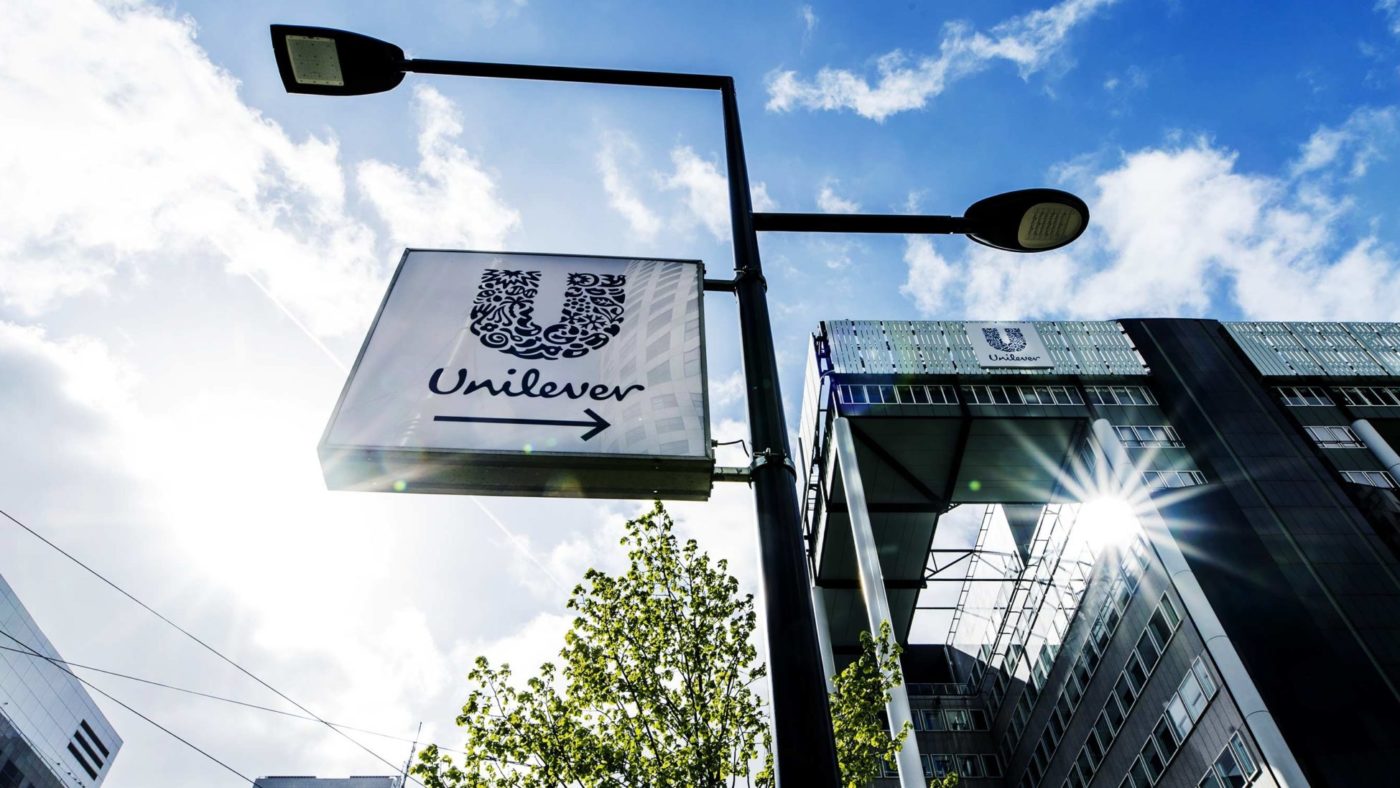Unilever, an iconic UK brand, looks like it is leaving the FTSE 100 index. Speaking at a conference in Paris on Thursday, the Anglo-Dutch group’s CFO said their shares were “extremely unlikely” to remain listed on the major London index. This all seems unnecessary and could likely be halted if the London Stock Exchange (LSE) decides to act.
Earlier this year, Unilever announced it was planning to consolidate into a single HQ in the Netherlands, without job losses in the UK. It certainly allowed it to simplify its corporate structure. But this was also, as was widely pointed out at the time, a defensive strategy, providing greater protection against any possible predator. At that time, I produced a major report on the City for the Institute of Economic Affairs. I argued that London needed to seize future opportunities. One aspect of this was the future approach to dual listed companies on the FTSE 100, of which Unilever was one.
Having decided to move HQ, Unilever can still remain listed on the FTSE 100 if it wishes and — crucially — if the FTSE Russell, who oversee the index, decide to allow it to. And up to now it still has, but the signs are that this is about to change. While it looks likely to leave the FTSE 100, Unilever will still retain a premium listing in London, and be included on the less important FTSE Europe ex-UK, or FTSE All-World ex-UK.
If so, its absence from the FTSE 100 will have significant consequences for index tracker funds, who will no longer need or be able to hold its shares. But there also other wider issues too. For instance, replacing Unilever with a smaller firm currently outside the FTSE 100 will inevitably dent London’s capitalisation.
Unilever is not the first to go through this change in its corporate structure, and it is unlikely to be the last. In order to be eligible for inclusion in the FTSE series a company must be assigned UK nationality. It seems that Unilever is to be assigned a Dutch nationality. But in the past, the controllers of the FTSE 100 have demonstrated that much needed skill of flexibility in the face of inevitable corporate change.
Two examples that spring to mind are when TUI and BA announced changes that led to their corporate headquarters moving to the Continent. Both were allowed to still be quoted on the FTSE 100, helping sustain the capitalisation of the index, not disrupting shareholders and also — indirectly — retaining the global reach of the index.
In this instance the issue is not where Unilever decides to have their corporate HQ — rather it is whether the FTSE Russell is showing enough desire in trying to keep them in the FTSE 100. As in the past, it has the ability to adopt a flexible interpretation of its own listing ground rules, and allow Unilever to satisfy nationality rules and be listed on the FTSE 100.
FTSE Russell is a subsidiary of the London Stock Exchange. There are a few issues to consider. We do not know what Unilever has said to the advisory board of the FTSE Russell. For all we know Unilever may not worry if they are listed or not. One problem though is that this board’s membership and process is opaque. This needs to change.
It is also worth considering the wider signalling it sends. Just as London wants to attract global listings, it should try and retain the listings it has. There are, after all, a number of other dual listed companies on the FTSE 100 and FTSE 250, including some household names like Rio Tinto, Carnival, BHP, Mondi and Investec.
The approach of the FTSE Russell appears defeatist, perhaps thinking that to allow Unilever to retain their FTSE 100 listing might somehow encourage other existing constituents to move their incorporation away from London.
By market capitalisation the FTSE 100 is the world’s fifth biggest stock market but New York dominates. Indeed, New York looks set to deregulate its financial sector and thus displace London from the position of number one global financial centre.
With global competition intensifying, the City should be positive but not complacent in the areas of listings. This is all part of the financial ecosystem in London which necessitates UK policy makers being on the front foot. In this instance, the FTSE should ensure they practice what they preach, with a welcoming approach, letting Unilever, if they so choose, to stay in the FTSE 100, even if they have a corporate HQ in the Netherlands.
This is not Brexit linked but is a timely wake up call — in this case to the FTSE Russell and to the LSE but also for London. We have much to be positive about.


